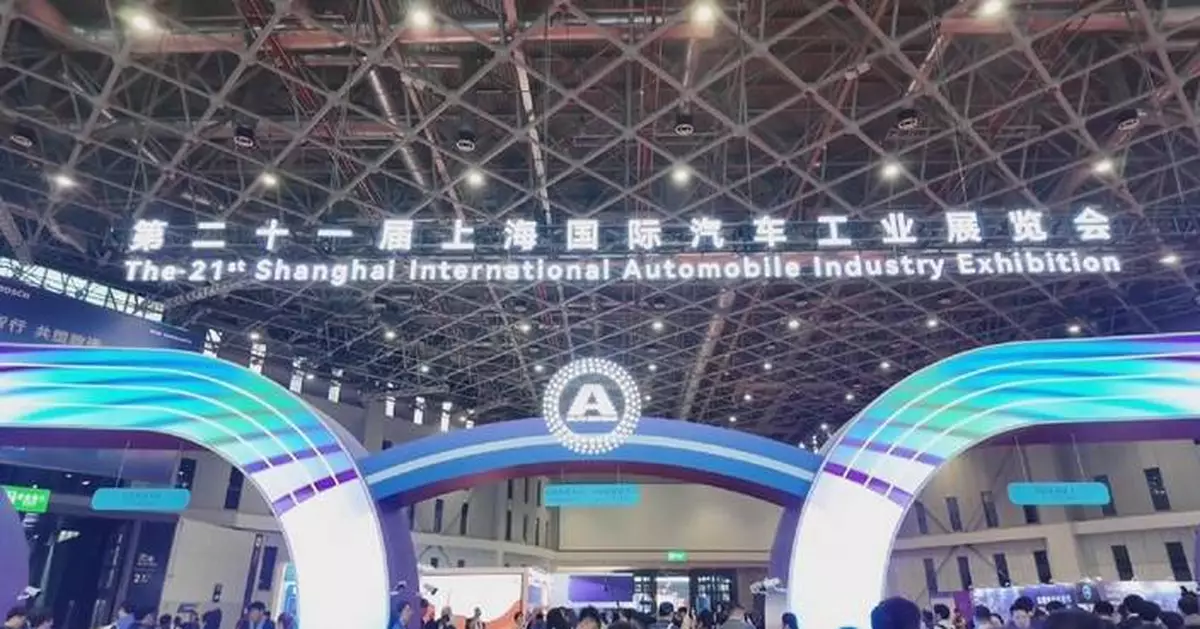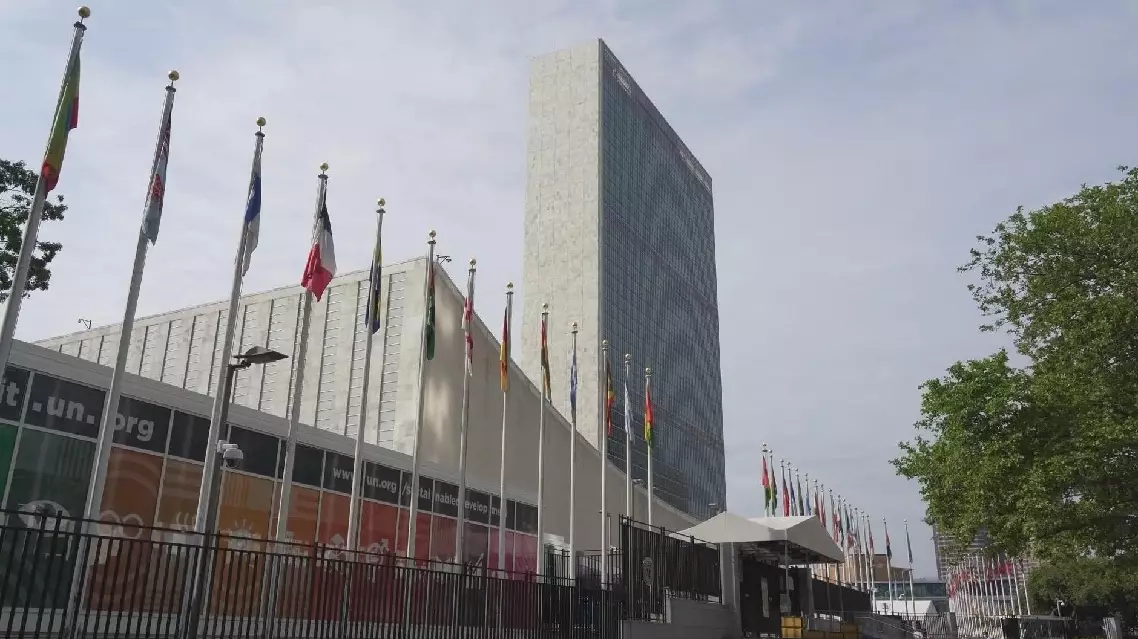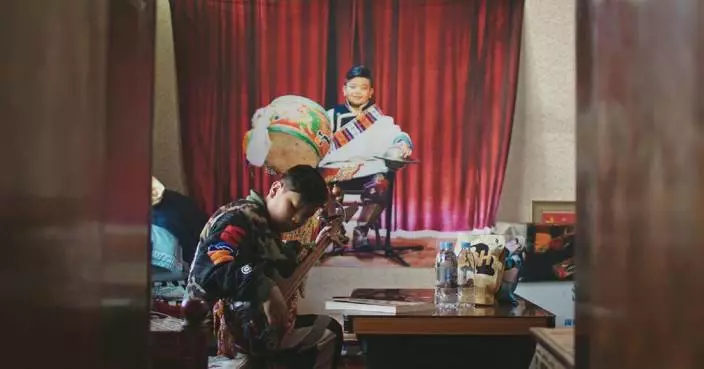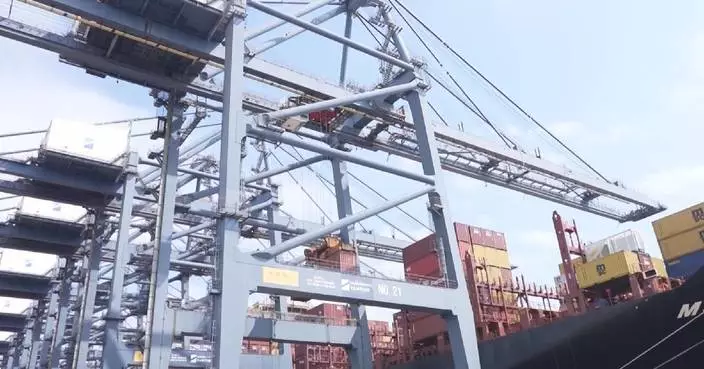Global automakers attending the 21st Shanghai International Automobile Industry Exhibition have voiced strong opposition to escalating tariffs, urging deeper international cooperation to promote free and fair trade in the automotive sector.
The exhibition, also known as Auto Shanghai 2025, kicked off in Shanghai on Wednesday, attracting nearly 1,000 automakers and industry suppliers from 26 countries and regions.
As the global economic environment grows increasingly complex, many international industry leaders shared their perspectives on the evolving landscape of the auto sector.
Some industry representatives noted that although certain countries have set up trade barriers, the globalization of the auto industry remains unstoppable.
"At first, I would like to say that automotive is a global industry. It's still and it will remain a global industry. What the future exactly will bring, I don't know. But we have a very strong local and global footprint which will help us," said Markus Heyn, board management member of the German multinational engineering and technology company Bosch and chairman of the company's Mobility business sector.
Executives from several automakers also weighed in on the challenges posed by ongoing geopolitical tensions.
"We think that tariffs is not the right way to address the concerns that we have in the industry. Of course, it must be a fair treatment for everyone, everywhere and also a very transparent political industry for the sector," said Fermin Soneira, CEO of the Audi and SAIC Cooperation Project.
"We stand for free and fair trade worldwide. It's producing employment, it's important for prosperity, it's important for a sustainable growth in the market," said Oliver Blume, CEO of Volkswagen Group.
Meanwhile, in the Australian market, Chinese carmakers have played an increasingly important role. According to James Voortman, CEO of the Australian Automotive Dealer Association, plug-in hybrid models from Chinese manufacturers have been well received. Over the past five years, China has provided the majority of electric vehicles in Australia, with market share rising from less than two percent to nearly 20 percent.
"We can't influence some of these international factors, but we can form good relationships, good partnerships, and we can try to sort of mitigate the risk by spreading the number of brands you have. And China is a really important part of that for a lot of Australian dealers," said Voortman.
Meanwhile, French industry leaders noted the close collaboration between Chinese and European carmakers. Francis Bartholome, president of Mobilians, an organization representing companies from France's automotive and mobility services industry, suggested that amid rising tariffs from the U.S., China and Europe should work more closely together, including through the establishment of joint ventures in Europe.
"My position is that we must never fall into a price war or a tariff war -- that would be a mistake, and we are opposed to such actions. We are convinced that this would be punitive for both sides. The only outcome would be a lose-lose situation. We should maintain tariffs at the lowest possible level," said Bartholome.
Former French Prime Minister Jean-Pierre Raffarin echoed the call for cooperation, stressing the importance of building balanced and mutually beneficial global partnerships in the face of the current complex international environment.
"I firmly oppose the escalation of tariffs. I believe that cooperation is the fundamental path forward. Today's world is filled with various tensions, and the only way to resolve them is to deepen international cooperation," said Raffarin.
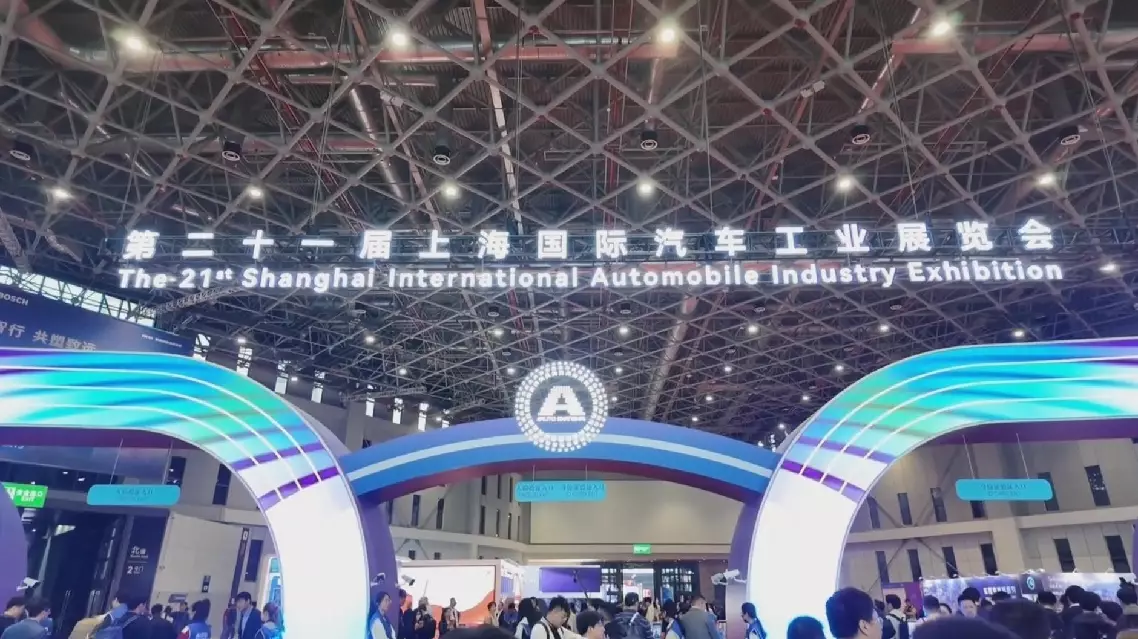
Global auto industry leaders voice opposition to tariffs, advocate for free trade


